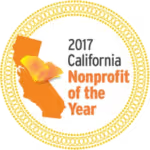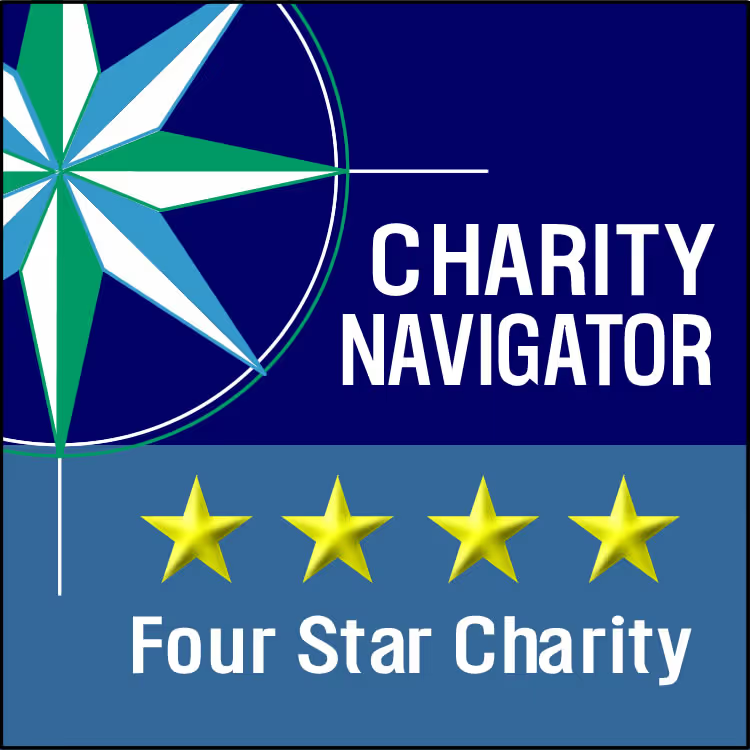Latest Causes
PROJECT ANGEL FOOD CELEBRATES INDIGENOUS PEOPLES’ DAY
PROJECT ANGEL FOOD CELEBRATES INDIGENOUS PEOPLES’ DAY
With L.A. Councilmember Mitch O’Farrell, Honoring Runningbear Ramirez & Announcing Project Angel Food/USC Keck School of Medicine
Research Study on Native Americans with Diabetes
On Monday, October 12, 2020, Mitch O’Farrell, Council Member, Los Angeles’ 13th District joined Project Angel Food Executive Director Richard Ayoub to celebrate Indigenous Peoples’ Day in Los Angeles. The celebration honored Project Angel Food Board Member Runningbear Ramirez, and announce a groundbreaking research study on Native Americans with Diabetes in conjunction with the USC Keck School of Medicine, funded by Ramirez.
O’Farrell, a member of the Wyandotte Nation, is the first Native American to ever serve on the Los Angeles City Council, and was instrumental in getting the City of Los Angeles to replace Columbus Day with Indigenous Peoples’ Day in 2018. He began his remarks honoring the Tongva peoples, “whose ancestral land we all stand on.” He talked about his standing relationship with Project Angel Food, in the importance of Indigenous Peoples’ Day, and praise for Runningbear for his commitment to Project Angel Food.
“I couldn’t think of a better way to celebrate this day than to announce a research study that helps Native Americans with diabetes have a healthier life through our ‘food as medicine’ program,” said Ayoub. O’Farrell added that the healing power of food is actually a tenant rooted in the Native American culture. And, continued that diabetes is one of the top illnesses that impacts the Native American community, pointing out that, “the introduction of refined sugar was something new to first people’s when colonization began.”
Runningbear was then presented with a commendation on behalf of the city for his contributions to the vital work of Project Angel Food and specifically for funding the Project Angel Food/USC Keck School of Medicine research study. In addition, Richard Ayoub announced that all the meals delivered on Indigenous Peoples’ Day would be in Runningbear’s honor. Runningbear praised Project Angel Food’s efforts and said, “Thank you for helping me get this study off the ground and for all the work you do. I’m so proud to be part of Project Angel Food, and so happy that the organization is recognizing Indigenous Peoples’ Day. Representation matters.”
On hand for the festivities were Runningbear’s husband, Frank Romano, his mother, Della Ramirez, and the two researchers leading the study, Dr. Claradina Soto (Navajo/Jemez Pueblo), PhD, MPH, Assistant Professor, University of Southern California, Keck School of Medicine, Department of Preventative Medicine, and Dr. Andrea Garcia (Mandan, Hidatsa, Arikara) M.D., MS. Director of Community-Centered Initiatives, Los Angeles County Department of Mental Health.
About Councilmember O’Farrell:
Councilmember O’Farrell, a member of the Wyandotte Nation, is the first Native American to serve on the Los Angeles City Council. In August of 2017, he led his colleagues on the historic vote to establish Indigenous Peoples’ Day in the City of Los Angeles, and in 2018, the removal of Christopher Columbus’ statue in Grand Park. He continues his advocacy for improved services, equity, and environmental policy for Indigenous communities.
About Runningbear Ramirez
Runningbear Ramirez is a well-respected activist, philanthropist, senior board member for Project Angel Food, and creative consultant for luxury fashion brands. He is a member of the San Manuel Band of Indians and Secretary of the Riverside-San Bernardino Indian Health, Inc.
About Project Angel Food
Project Angel Food provides medically tailored meals to people who are living with life-threatening illnesses such as HIV/AIDS, cancer, diabetes, heart disease, etc. Because Project Angel Food clients are most vulnerable to COVID-19, the services have never been as vital as they are today. Since March 2020, Project Angel Food has increased by service 29%, increasing delivery to 1,500 people a day to 2,100 daily. Nutritionists work with chefs to create 39 meal variations each day that tailor meals to each client’s specific medical needs.
About the Study:
The Project Angel Food/USC Keck School of Medicine Research Study on Native Americans with Diabetes is the first of its kind research study on Native Americans with Diabetes. The two-year study examines the physical and mental health outcomes of Native Americans with diabetes and how they are improved when they are provided with Project Angel Food’s medically tailored meals and are partnered with “food buddies,” other Native American diabetics on the same meal plan.
Project Angel Food’s “food is medicine” program works with agency nutritionists to design meal plans aimed at lowering blood sugar and A1c levels of participants in LA County. As part of the program participants will receive two meals a day, nutrition education and will be required to have regular medical check-ins and they must have a food buddy, who will receive the same meals and helping them on their journey to good health.
Los Angeles County is home to 170,000 Native Americans from different tribes. Because of the significant square mile radius, most are isolated. The study in partnership with United American Indian Involvement, Torres Martinez Tribal TANF and American Indian Counseling Center will demonstrate how medically tailored meals, nutrition education and a buddy system will lower A1c levels, reduce social isolation, and loneliness.
The research team is headed by Dr. Claradina Soto (Navajo/Jemez Pueblo), PhD, MPH, Assistant Professor, University of Southern California, Keck School of Medicine, Department of Preventative Medicine. She is being assisted by Dr. Andrea Garcia (Mandan, Hidatsa, Arikara) M.D., MS. Director of Community-Centered Initiatives, Los Angeles County Department of Mental Health.
Diabetes is one of the costliest diseases in the United States. Among Native Americans, diabetes is one of the top two chronic conditions affecting the population in California.
Project Angel Food will begin accepting participants in the study from the LA county area in January of 2021. The published study is expected to be released in December 2022.





























